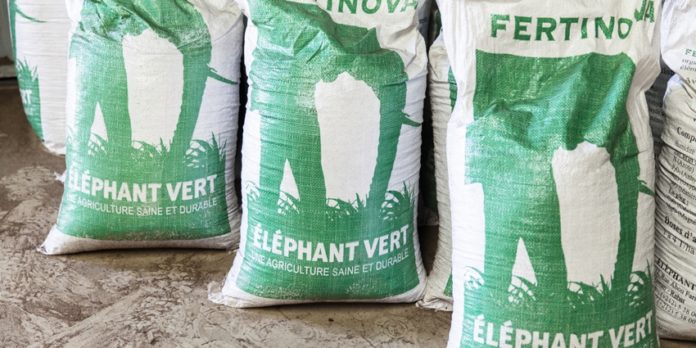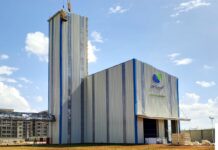Brazil is seeking more fertilizers from Morocco after a halt of Russian exports. Brazil’s Agriculture Minister Marcos Montes is expected in Morocco to seek the product for his country. This is part of a regional tour that will also lead him to Tunisia and Jordan, two other phosphates producing countries.
Brazil relies on imports for about 85% of its fertilizer needs and is concerned about a potential global shortage of the products after Western nations imposed sanctions on key producers, Belarus and Russia, while China restricted exports.
Leading supplier
Morocco is poised to become a leading supplier building on the world’s largest phosphates reserve. State-owned OCP, which produces phosphates and soil nutrients, said it will boost supply to 12 million tons this year, amid market disruptions created by Russia’s decision to stop exporting all fertilizers and ammonia.
Morocco’s most important fertilizer partnership is with Nigeria. OCP supplies over 90% of annual fertilizer demand of Africa’s most populous nation. Quite strategic for Morocco, Nigeria sits on Africa’s largest natural gas reserves, totalling over 200 trillion cubic feet (5,675 billion cubic meters). Since Morocco lacks sufficient gas resources of its own, Nigeria can provide the natural gas from which fertilizer’s other fundamental component, nitrogen, is produced, commonly in the form of ammonia.
Brazil is essentially self-sufficient in basic foodstuffs and is a leading exporter of a wide range of crops, including oranges, soybeans, coffee, and cassava, which are grown mainly in the South and Southeast. Brazil, unlike most Latin American countries, has increased agricultural production by greatly enlarging its cultivated area since World War II.








